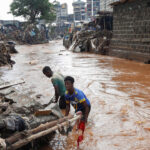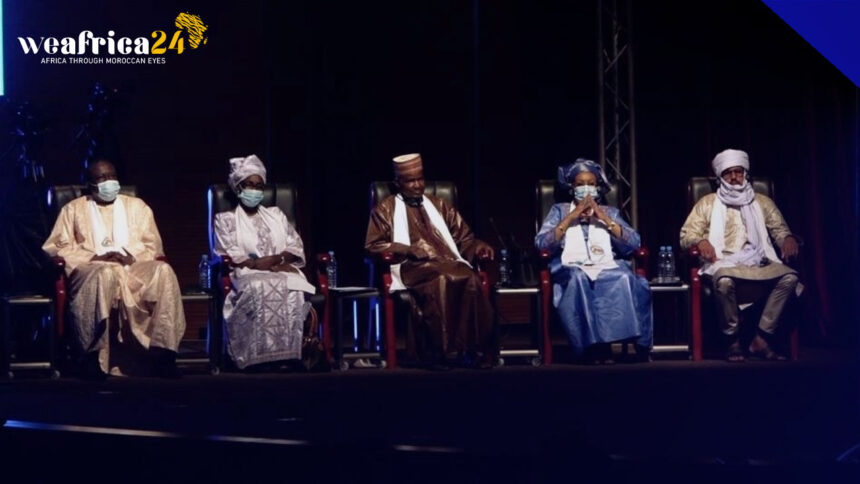In Mali, the Minister of National Reconciliation announced on Wednesday during a cabinet meeting the appointment of the president and members of the Steering Committee of the Authority for the Management of Reparations in favor of victims of the country’s crises. The establishment of this authority was a recommendation from the report of the Truth, Justice, and Reconciliation Commission (CVJR), which spent seven years investigating human rights violations in Mali. However, the final report, completed over a year and a half ago, has yet to be published.
The Authority for the Management of Reparations for Victims will be responsible for compensating and supporting all Malians who have suffered human rights violations or their relatives. According to RFI, Colonel Abdoulaye Macalou, former Secretary-General of the CVJR, has been chosen to lead this authority. This choice appears logical, as the creation of a reparations agency was a proposal put forth by the CVJR. When contacted by RFI, Colonel Abdoulaye Macalou did not respond.
New Milestone
Following the adoption by the Malian transitional authorities of a reparations plan totaling 65 billion CFA francs (approximately one million euros) two years ago in September 2021 and the subsequent enactment of a law outlining the rules for compensation and support for victims in November of the same year, the establishment of the orientation committee tasked with making the authority for reparations operational represents a new step forward.
Nevertheless, certain individuals who were extensively involved in the CVJR’s work expressed their concerns. The CVJR’s mandate concluded over a year and a half ago in December 2021, yet its final report, originally expected to be released in 2022, remains unpublished.
Awaiting the Publication of the CVJR Report
Established in 2014, the CVJR began its work in 2015. Over seven years, the CVJR recorded more than 23,000 testimonies from victims. These accounts encompass acts of violence such as assassinations, rapes, thefts, and abductions that have occurred since the 1960s, perpetrated by rebel armed groups, community self-defense militias, jihadist groups, or even the Malian army. Some victims even shared their stories during public sessions broadcast live on the state-owned ORTM television.
Yet, there is growing concern among certain observers that the military figures who have seized power in Mali might attempt to suppress certain facts or recommendations contained within the report that they contributed to producing. These concerns contrast with the optimism of other former high-ranking members of the CVJR who, lacking concrete explanations, remain hopeful about the future publication of the report and simply call for patience.







